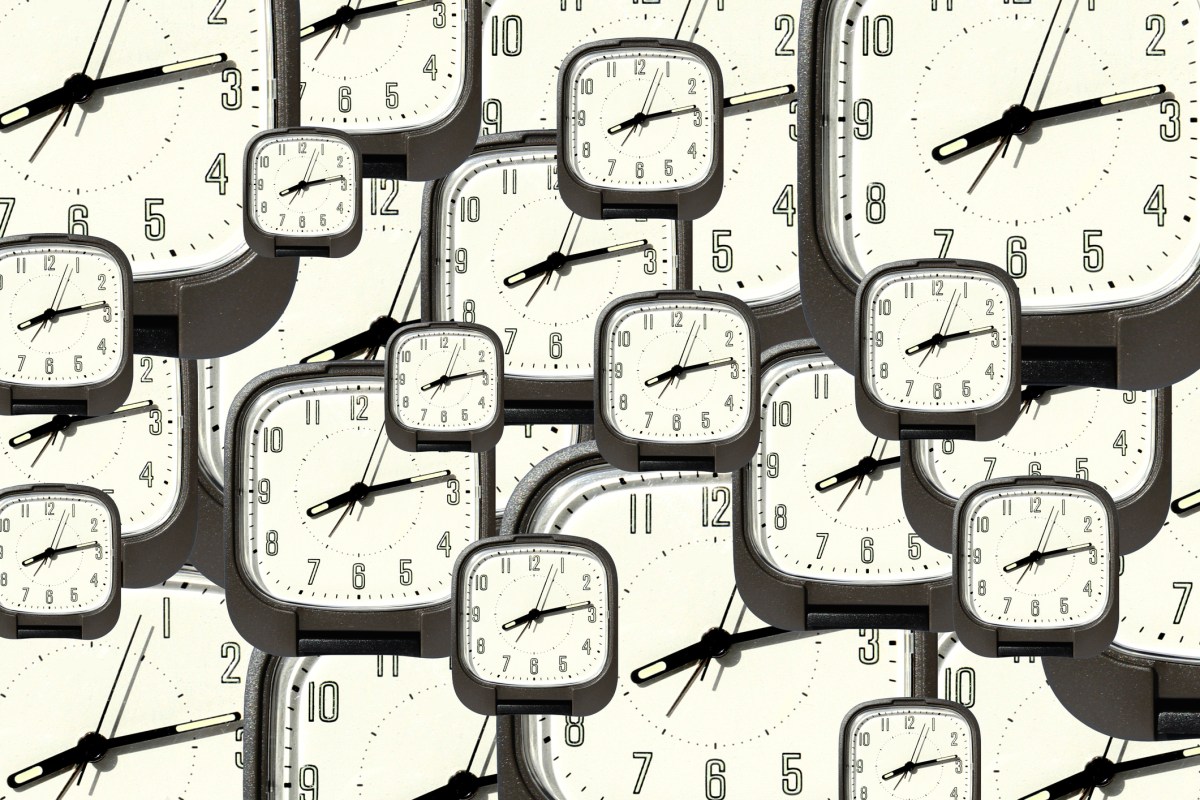Europeans are set to change their clocks back next Sunday, but it could be one of the last times 500 million people simultaneously get an extra hour of sleep, reports The Wall Street Journal.
After four decades of synchronized time change, the European Union’s 28 countries are talking about whether to go their separate way. Moving clocks forward and back from daylight-saving time every six months is annoying, but leaving the decision up to each country worries some, who think that it could cause chaos. The EU has three time zones, but most people live on Central European time. If the EU is no longer synchronized, who sets local time? How will it affect shipping times? How will you know when your plane lands?
Finland, which has barely 1 percent of the EU’s population, is pushing for free-choice clocks, because getting the authority to keep standard time, or winter time, all year would give them extra morning light in the winter. Portugal and Greece want to keep the practice of setting clocks an hour ahead in spring and back an hour in fall. Irish studies have shown that milk output drops for a month after seasonal clock changes.
Thanks for reading InsideHook. Sign up for our daily newsletter and be in the know.


















